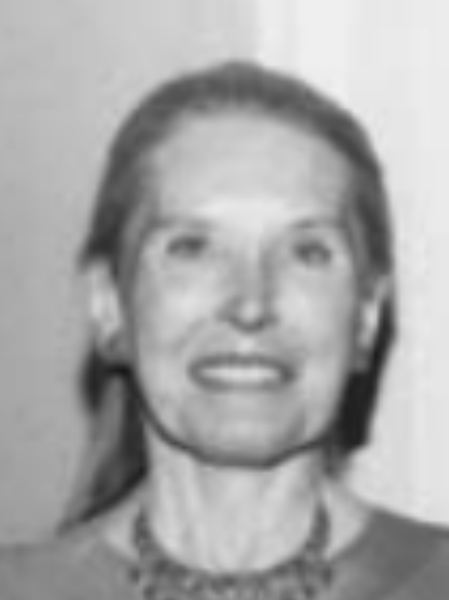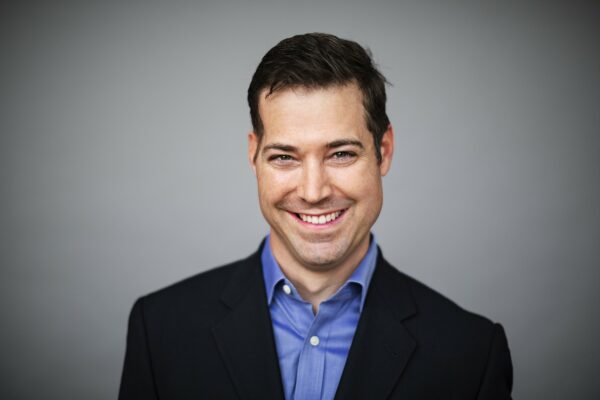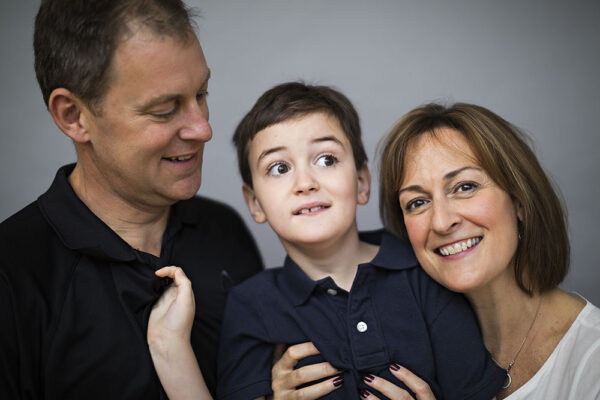
“In my book I relate the facts behind my letter to the Chicago Sun-Times (see page 2). The book is not a gentle memoir. It is the truth. I explore, to the best of my ability, the genetics, family, home, environments, education, travel, adventures, traumas, including a devastating and mysterious fire, that all might have played a role in the development of my son’s illness.
I also write about the manifestations of Fred’s schizophrenia. About some of the doctors and hospitals and, perhaps in too much detail, I describe the mental institutions and Fred’s death.
The book also tells the love story about a man who was willing to become the surrogate father of my severely mentally ill son. A man I was eventually able to marry and who—because of his position as a foundation executive and a former civil rights lawyer who headed a project concerning the Administration of Justice—was able to cause all kinds of positive programs for the mentally ill to occur, from housing to advocacy to research programs that are still being replicated.
My book also speaks about women, particularly mothers, and the finally discredited psychiatric teaching that there was a person termed a schizophrenagenic mother who—it was said—actually caused schizophrenia.
And finally it is about all the positive things that can happen from brain research, knowledge that can affect everything from the practice of medicine to how we educate our children, how we regard our concepts of justice, good and evil, love and hate, the differences between the classic female and male brains and all variations in between.”
When I read Gwill’s book about her son Fred’s disease, I was struck by the depth of what she revealed about herself. When you suffer as much as she did, to find help, you reveal your soul. Gwill did. It is a book that every family victimized by this disease must read.
-William E. Fay, Jr. Brain Research Foundation
Excerpt from My Son’s Name Was Fred: Gwill’s Letter to the Chicago Sun-Times
Personal View; Gwill York Newman
Chicago Sun-Times, Friday, October 16, 1981
At Last, My Tormented Son Is At Peace
The notice of my son’s death has appeared in this paper. The official cause of death was a ruptured aneurism, but the real cause was a crippling disease of the brain, known as chronic paranoid schizophrenia.
This devastating, cancer-like, biochemical imbalance of the brain is generally brought to the public’s attention only in terms of sensational headlines when it is described as the illness that haunted “Son of Sam” of John Hinckley or John Lennon’s murderer.
In fact there are over a million schizophrenics in this country who are horrendously victimized even though they never killed or harmed anyone. They constitute the majority of our mental patients who cannot be cured, and who, in so many instances, do not receive appropriate out-patient care upon returning to a community setting.
After more than three years working full-time as a professional volunteer in the field of mental health, I now write as a grieving parent.
As a parent whose grief is now acceptable and understood because a physical death has occurred, no longer having to grieve year after year in private or with a few understanding friends…
As a parent who watched a handsome, gentle, intelligent, maturing child lose all contact with reality and ultimately live like a hunted animal in dark, cold crawl spaces and attics, unable to care for himself in any way, unable to speak coherently, unaware of who he was or even that I was his mother…
As a parent who sought help all over the country and who, after expending all reasonable private financial resources to obtain the best available professional expertise, had to depend on state facilities for care…
As a parent who watched her son go through fourteen hospitalizations in less than five years, often suffering with him the indignities of the commitment process…
As a parent who had to listen while well-meaning friends and family offered suggestions that were ill-founded and only served to increase the feelings of helplessness and isolation…
As a parent who has known the frustration that comes when a new medication fails to work or when her son, coherent enough to be released, found that the community did not want him or understand him…
As a parent whose son was raped, physically beaten, repeatedly robbed and victimized when out in the community and not under twenty-four hour surveillance…
As a parent who has known great fear, sleeping with a knife under her pillow when her son’s raging and hallucinatory anger turned violent—worrying that he might harm himself or others…
And as a parent who has suffered overwhelming guilt and watched a family torn apart by despair and accusations.
But now my son is dead. He died in his sleep in a mental hospital. Now all those who loved him can grieve and remember the days of his youth and gentleness.
No more will he beat his head bloody in an attempt to drive out the demons, no more will he have to suffer the terrible inadequacies of our knowledge and care, for he is finally at peace.
If those of you who read this will work to direct energy and funding toward research to someday eliminate this terrible disease, realizing that in the meantime there is an urgent need for humane, decent living conditions and care until a cure is found, then the parents who grieve in silence and those who suffer the fires in their minds will find release from their despair.
We ask for compassion and understanding, for only then can there be hope.
-Gwill York Newman
My Son’s Name Was Fred (paperback, 417 pages) is available from the BRF for $25 per book (includes shipping). To place an order, please call BRF at (312)759-5150.



